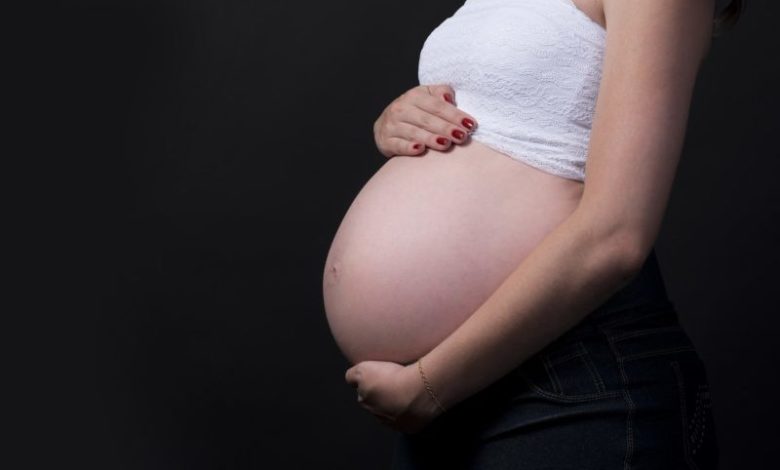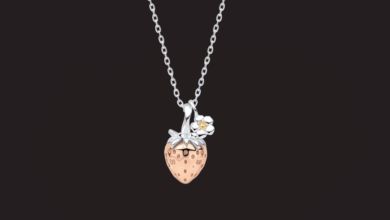UK female recruitment still in the “dark ages”
A survey conducted by YouGov was commissioned to understand managers’ attitudes around pregnancy and maternity discrimination

According to the Equality and Human Rights Commission (EHRC) new statistics have revealed British employers are “living in the dark ages” and have “worrying attitudes” towards recruiting women.







